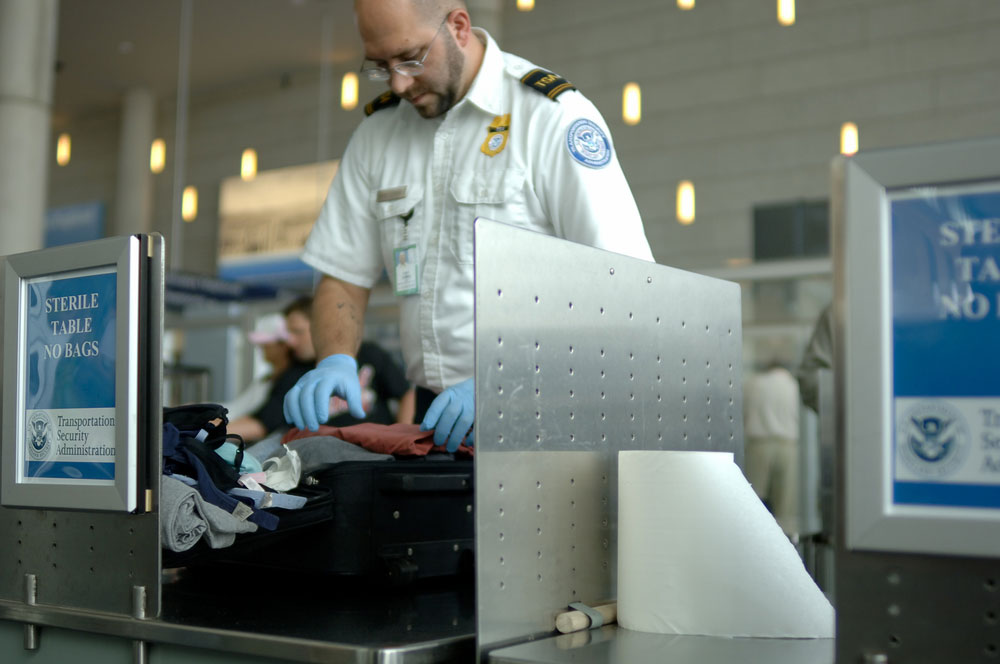New Airplane Passenger Screening Method Outshines Old

A new method of screening airplane passengers for signs they may be dangerous is 20 times more successful at catching deceptive passengers than the screening method traditionally used in the U.S. and other countries, a new study suggests.
The new method is based on asking passengers open-ended, conversational questions, whereas traditional screening methods focus on observing people's body language.
In the study, which was funded in part by the British government, 204 mock airplane passengers — including acting students and undercover police detectives — were given cover stories, and asked to attempt to deceive security agents in real airport screenings in Europe. As an extra incentive, the mock passengers were given money if they successfully avoided detection by the security agents.
Trained security agents who used the new, conversation-based screening method successfully detected 66 percent of the mock passengers. On the other hand, security agents looking for signs of suspicious body language — such as lack of eye contact and fidgeting — detected just 3 percent of mock passengers. [5 Cool New ID Technologies]
The latter method is widely used in airports in the United States and the United Kingdom, even though it has not been proven effective in real-life settings, the researchers said.
"The suspicious-signs method almost completely fails in detecting deception," study author Thomas Ormerod, head of the School of Psychology at the University of Sussex in England, said in a statement. "In addition, it costs a lot of money, absorbs a lot of time and gives people a false sense of security."
In the new method, called Controlled Cognitive Engagement (CCE), security agents engage in an informal conversation with passengers, asking them open-ended questions. Based on the passenger's responses, the agent asks questions seeking information that the passenger should know if his or her account is true.
Sign up for the Live Science daily newsletter now
Get the world’s most fascinating discoveries delivered straight to your inbox.
But the agents are not necessarily interested in the accuracy of the passenger's responses — rather, they are looking for changes in the passenger's behavior, such as increasingly shorter responses, or evasive or erratic responses, the researchers said.
For example, the agent might ask the passenger about the people that person is visiting, and how long it takes to get to the airport from where the individual lives.
"If you're a regular passenger, you're just chatting about the thing you know the best — yourself," Ormerod said. "It shouldn't feel like an interrogation."
The findings could have important implications for preventing terrorist attacks or catching criminals, the researchers said.
The study was published online Nov. 3 in the Journal of Experimental Psychology: General.
Follow Rachael Rettner @RachaelRettner. Follow Live Science @livescience, Facebook & Google+. Original article on Live Science

Rachael is a Live Science contributor, and was a former channel editor and senior writer for Live Science between 2010 and 2022. She has a master's degree in journalism from New York University's Science, Health and Environmental Reporting Program. She also holds a B.S. in molecular biology and an M.S. in biology from the University of California, San Diego. Her work has appeared in Scienceline, The Washington Post and Scientific American.









